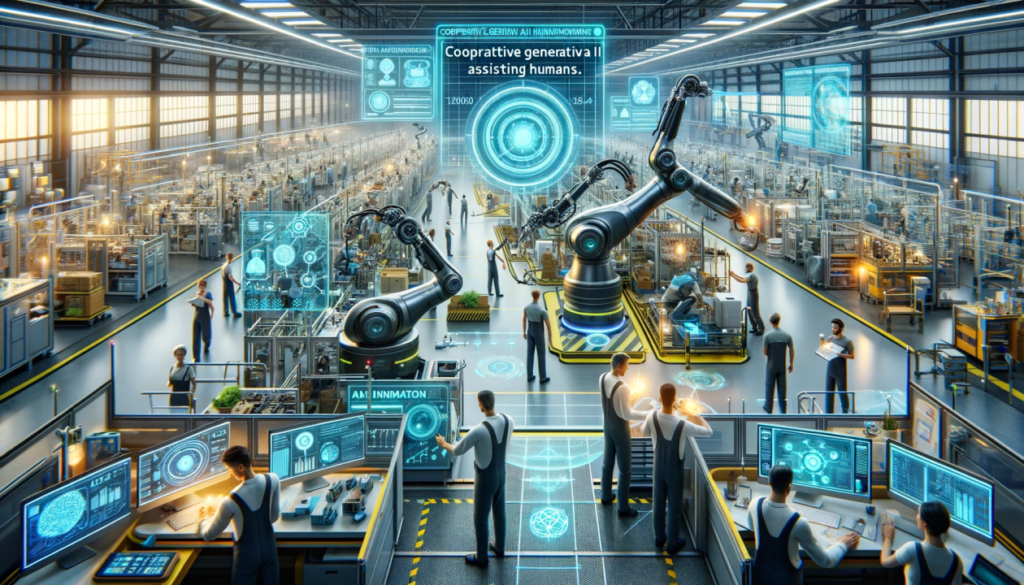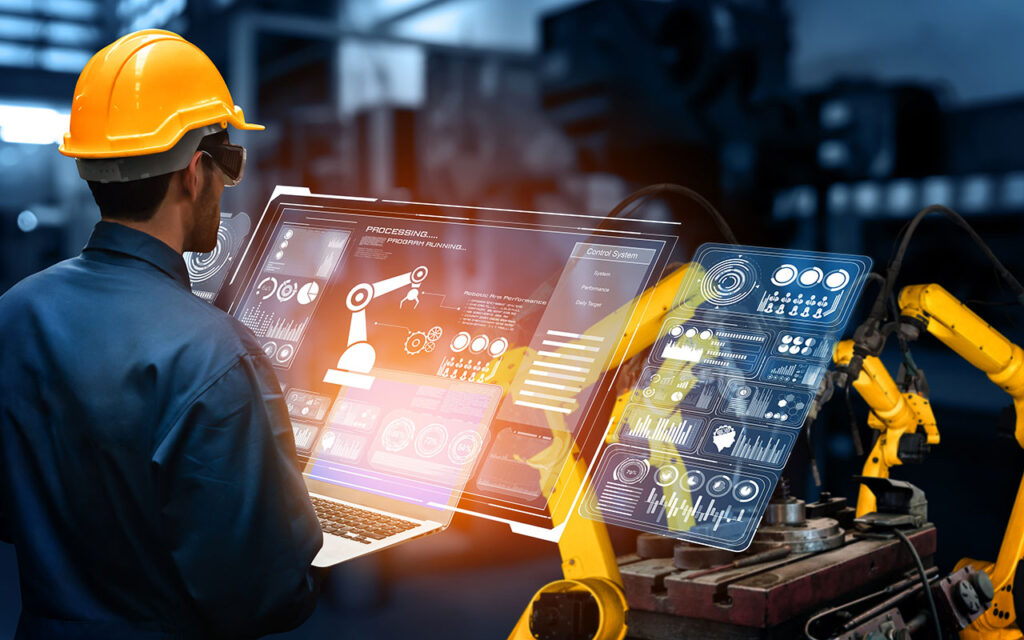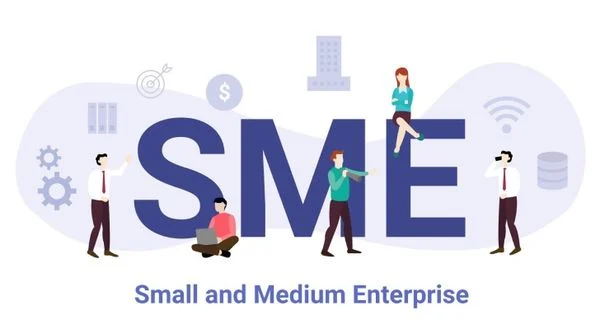AI technology 2024 : Challenges and Opportunities
About us
In recent years, the development of Artificial Intelligence (AI) and automation has fundamentally changed the labor market. These advanced technologies not only bring many new opportunities but also pose many challenges for workers. This article will delve into the analysis of how AI is affecting the labor market and what skills are needed to adapt to the age of AI.

How does AI technology affect the labor market
Increase Labor Productivity
AI technology and automation help increase labor productivity by replacing repetitive and time-consuming tasks. For example, in the manufacturing sector, robots can work non-stop, improving production efficiency and reducing costs.
Create a new job
Although AI technology replaces some traditional jobs, it also creates many new job opportunities in areas such as software development, data analysis, and automated systems management. These jobs require highly specialized skills and creative abilities.
Change the structure of the profession
AI technology is changing the structure of careers, with an increase in demand for technology-related jobs and a gradual decline in unskilled jobs. Industries such as healthcare, education and financial services are also actively applying AI to improve job performance.
But who’s the challenge?
Job loss
One of the biggest challenges that AI brings is the risk of losing jobs to workers who do not have specialized skills. Jobs that are prone to automation such as cashiers, assembly workers and drivers can be replaced by automated systems.
The skill gap
The development of AI technology requires workers to acquire new skills, which in turn creates a skills gap between those who are able to learn and adapt to new technology and those who are not. This places great demands on training and skill enhancement for the workforce.
What opportunities does AI offer us in the new age?
Lifelong Training and Learning
In the era of AI technology, the landscape of work is constantly evolving. To keep pace with these changes, workers must engage in lifelong training and learning. Online courses and technology skills training programs are essential resources that enable individuals to stay updated with the latest advancements. Businesses can play a pivotal role by supporting their employees’ growth, offering opportunities for continuous education and skill enhancement. This proactive approach not only improves individual competitiveness but also drives innovation within organizations.
Development of Soft Skills
While AI technology excels at automating repetitive tasks, it cannot replicate the nuanced capabilities of human creativity and problem-solving. Soft skills, such as critical thinking, creativity, communication skills, and teamwork, are becoming increasingly valuable. These skills complement the technical abilities that AI technology provides, ensuring a balanced and versatile workforce. By fostering a culture that values these skills, companies can enhance their adaptability and resilience in a rapidly changing environment.
Adaptation to Change
Adaptability is a crucial trait in the age of AI technology. The ability to embrace new technologies, experiment with innovative solutions, and be flexible in career paths is essential. Workers need to develop a mindset that is open to change and continuous improvement. This adaptability not only prepares them for shifts in the job market but also positions them to take advantage of emerging opportunities. Whether it’s shifting roles within an organization or pursuing entirely new career paths, being adaptable is key to thriving in the AI-driven world.
Navigating Ethical and Social Implications
As AI technology continues to integrate into various aspects of life, understanding and navigating its ethical and social implications becomes increasingly important. Issues such as data privacy, job displacement, and the ethical use of AI must be addressed. Workers and businesses alike must be informed about these challenges and actively participate in shaping policies and practices that promote responsible AI use. This not only ensures a fair and equitable technological landscape but also builds public trust in AI applications.

Conclusion
AI and job automation bring both challenges and opportunities to the labor market. To seize opportunities and overcome challenges, workers need to proactively improve skills, adapt to change and develop the necessary soft skills. Support from businesses, training institutions and governments also plays a key role in building a strong, AI-ready workforce.
Contact us: SoleTechno


